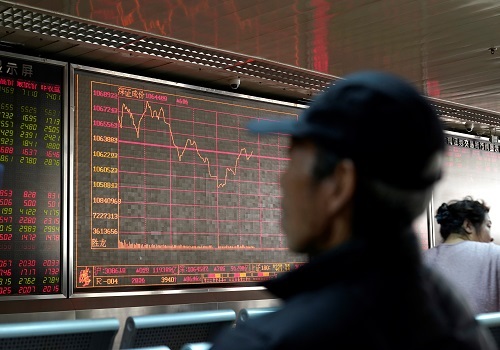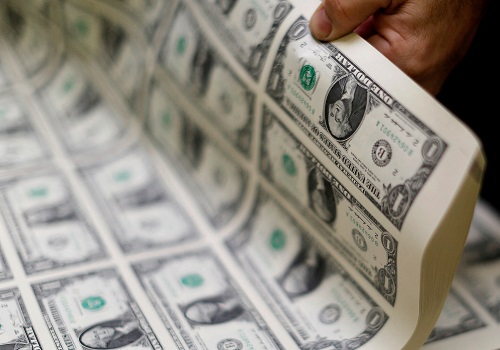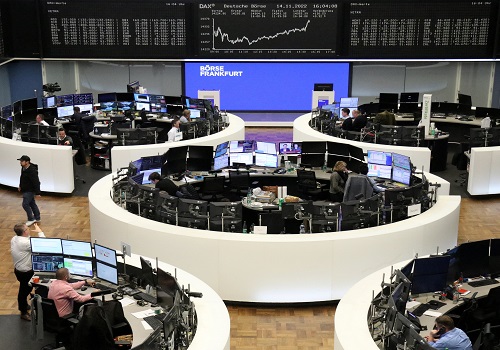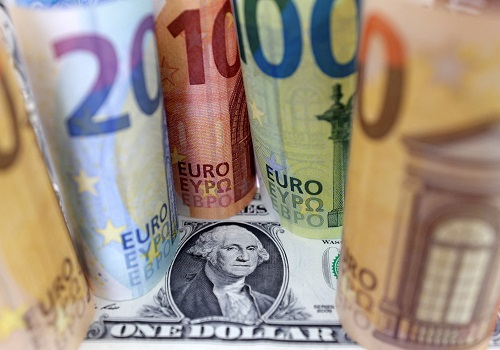Dollar dips as UK budget U-turn improves market sentiment
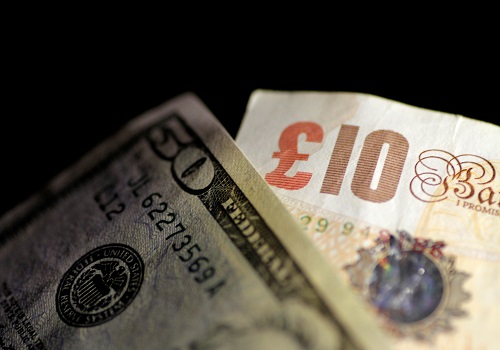
Follow us Now on Telegram ! Get daily 10 - 12 important updates on Business, Finance and Investment. Join our Telegram Channel
The dollar dipped against a basket of major currencies and sterling jumped on Monday after Britain's new finance minister ditched most of the government's "mini-budget," sparking a rally in U.K. and U.S. government bonds and reducing demand for the safe-haven U.S. currency.
Jeremy Hunt, who was appointed finance minister by Prime Minister Liz Truss on Friday, reversed large swathes of the 45-billion pound "mini-budget" that sparked unprecedented market turmoil in which the pound hit record lows and the Bank of England was forced to intervene.
"The pound has been the driver of the FX market this month so far, and the big change the UK government has announced has restored faith in the pound and taken the bid on the U.S. dollar out," said Adam Button, chief currency analyst at ForexLive.
British gilts rallied sharply after the news, helping to also send U.S. Treasury yields lower.
Hunt replaced Kwasi Kwarteng, whose package of unfunded tax cuts on Sept. 23 unleashed a bond market sell-off.
"For now, the market seems happy to give the new chancellor time and space to put the government's house back in order," said Chris Beauchamp, chief market analyst at IG.
Sterling was last up 1.57% at $1.1349. The dollar index against a basket of currencies fell 0.50% to 112.46. The euro gained 0.69% against the greenback.
Risk sentiment also improved after Bank of America reported a smaller-than-expected drop in quarterly profit and said that its U.S. consumer client spending remained strong, even if it was slowing.
Traders are also on watch for any intervention from the Bank of Japan after the yen fell to a 32-year low.
The Japanese currency earlier reached 148.84, before last trading at 148.75.
Japan last month intervened to buy the yen for the first time since 1998, after the Bank of Japan stuck to its policy of maintaining ultra-low interest rates, which has battered the currency this year.
Japanese authorities kept up their warnings to the market on Monday of a firm response to overly rapid yen declines, after last week's fall and meetings of global financial leaders that acknowledged currency volatility.









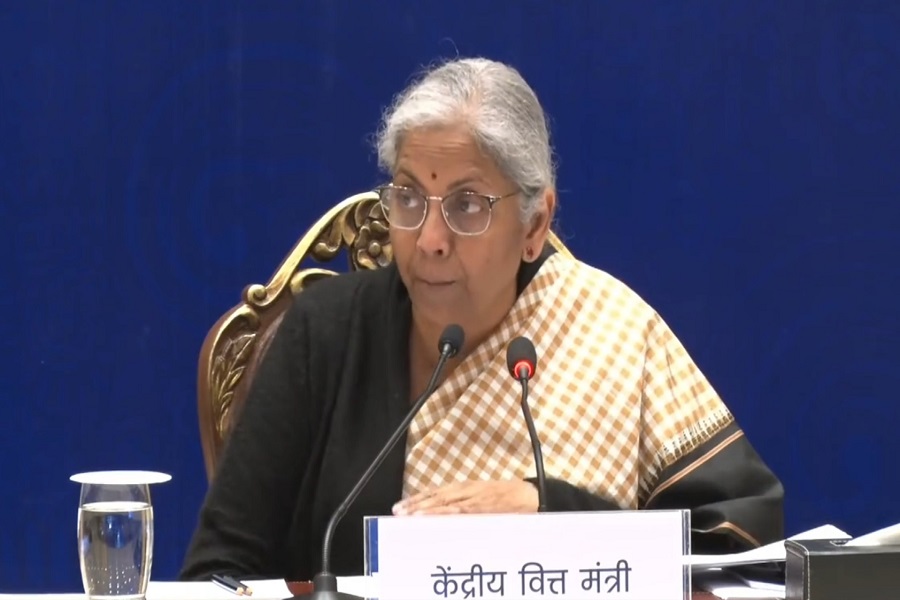


 320-x-100_uti_gold.jpg" alt="Advertisement">
320-x-100_uti_gold.jpg" alt="Advertisement">







